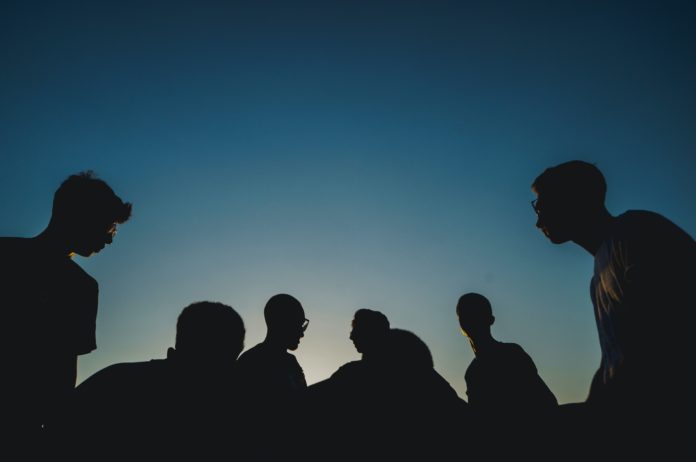Janine Nel is a Director of Teach the Future SA and an MPhil in Futures Studies Alumnus of Stellenbosch Business School
The United Nations (UN) Universal Declaration of Human Rights state that participation is a fundamental right. Active participation by the youth means that they can and must, play a vital role in their own development and the society within which they live. The UN further states that young people should be given “the proper tools, such as information, education about and access to their civil rights”.
The UN General Assembly declared 12 August International Youth Day (on 17 December 1999). The guiding principle is that youth are not beneficiaries, but active participants in society, and carry a shared responsibility for solving societal issues.
By 2050, Africa will have more than 1 billion children in the population and already 77% of the population is below the age of 35. This young population can either be a mighty force for good and social change or their potential can be squandered by their respective countries.
It is impossible to think about the challenges the youth in South Africa face without becoming despondent. They face a mirage of issues, poverty, corruption, crime, a lack of quality education, teenage pregnancies, gender-based violence, substance abuse and many more. However, our youth have been left behind by their country and an economy that cannot offer them opportunities to become proud economically active and contributing citizens in their country.
In South Africa, we entertained many conversations about ‘if they could just’ fix the education, assist the youth to develop skills, and many more. Some, a fortunate few, have been given opportunities through Government and private sector initiatives, but what about the other millions of young people; those without adequate education, no tertiary education and no prospects of securing employment?
The youth unemployment rate is approximately 46,5% in Q1 2023 and these 4,9 million young people do not have time to wait for Government and, or the private sector to offer the odd bursary and skills programme. They need dramatic action, and it needs to come from the youth. They need to act, explore opportunities, employ empathy in solving social issues and carve out their future in our society. Action needs to be demanded and values need to be reset.
Youth activism is not new to South Africa. We can think of 16 June 1976, #Feesmustfall, a host of campus protests and more. What we need now is leadership and youth activism in every sphere of society; for safe spaces to live, for a crime free society, economic opportunities, equal access to technology and quality education and healthcare.
Internationally, young people are driving change on all fronts. Some for clean water, others for free sanitary pads so that girls do not miss out on education, others for gender rights and equality. In Australia, the youth are demanding the inclusion of first nation history in the school curriculum. Climate change awareness activities are primarily being driven by the youth, with great success. And in South Africa? Many campaigns go unreported and unsupported. Instead, our common space is invaded by news about economic failings, crime, state capture, corruption and uncertainty. The youth will bear the brunt of this lack of responsible leadership in South Africa.
Our youth has agency to act, they have multiple possible futures. Our futures are a product of our choices and how we handle change, and how we harness the forces of change to our advantage. The future is uncertain and often scary, but it does not have to be.
So, what about the youth in South Africa? Not just on 12 August, but every day, next year and in 10 years’ time. Young people need to stand up, and demand action. Demand to be part of this society, the design of its future, the economy, establishing the values we as South Africans want.
What can you do? First, vote, as soon as you qualify, it is the minimum responsible citizens should do. Become part of community forums that help to regulate safety and economic growth in your community, have you voice heard. Seek out opportunities to better you community, look at your neighbours with empathy, and see what you can do to make life easier for others.
Ask for assistance and apply for bursaries and programmes that allow you to upskill yourself. Start a small business, small businesses grow, and we know that youth employ other young people, creating employment.
Know and find out what is happening in the world around you, understand that everything is connected and ultimately will affect you in one way or another. The climate crisis affects you, it affects our food security and it affects our way of life, so love consciously.
You need to be instrumental in shaping a safe and equal society so that their children will have the futures they aspire to.












